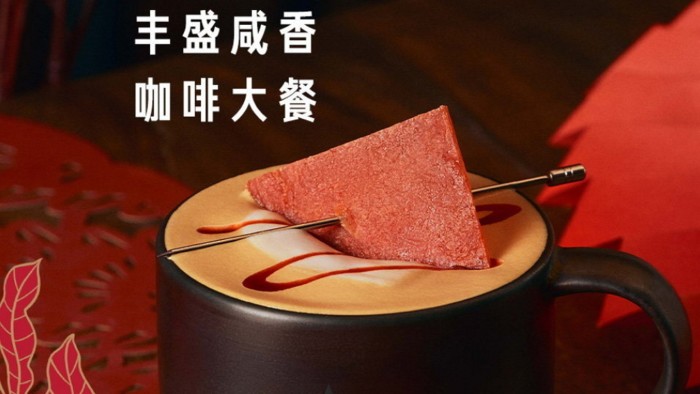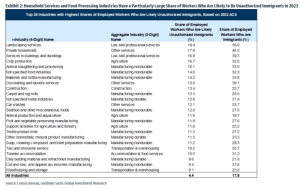Starbucks has been outclassed by local rivals in China

Unlock the Editor’s Digest for free
Roula Khalaf, Editor of the FT, selects her favourite stories in this weekly newsletter.
Starbucks’ determination to capture the attention of the Chinese consumer extended to offering a pork-flavoured latte in the country earlier this year. The limited edition drink is made of espresso, steamed milk and Dongpo braised pork flavour sauce topped with extra sauce and pork meat as garnish. Such product “innovation”, however, hasn’t cut it: operating in the country is no easy task, particularly given fierce local competition.
Starbucks had almost 7,600 outlets in China as of late September and the country accounts for about a fifth of the group’s global total. It is still expanding in China, increasing the number of its stores by more than a tenth in the latest financial year. Starbucks had a 14 per cent market share of China’s café market in 2022, according to the most recent available data.
That makes it an attractive target for Chinese groups, including domestic coffee chains. Starbucks, which is reported to be exploring options for its Chinese operations — including the possibility of selling a stake in the business — would also benefit from a helping hand from a local partner.
The buyer, if not already in the coffee chain business, would have to be prepared to deal with extreme competition, which is now hotter than ever thanks to two local rivals: Luckin Coffee and Cotti. These Chinese rivals are a step ahead in terms of local trends, including automation — and offer much cheaper coffee too.
The pace of growth of domestic coffee chains has been impressive in the past year. Luckin’s performance has been especially strong. It has proved sceptics, who once saw its ultra-cheap coffee prices and high costs as a flawed business model, wrong this year. Luckin Coffee’s operating margin hit 15.3 per cent in the latest quarter as net revenues rose more than 40 per cent to $1.5bn, adding to annual sales that nearly doubled last year. It opened 1,400 new stores in the latest quarter, bringing its total to 21,300. Meanwhile, signs of the pressure are showing with same-store sales at Starbucks down 14 per cent in China last quarter.

Automation, a rapidly growing trend in the local coffee chain industry, is helping margins during a time when costs are rising, especially delivery, sales and marketing expenses. Cotti, which has grown rapidly since it was founded in 2022, is pushing out coffee-making robots. Luckin has fully automated pour-over coffee machines. Luckin’s coffee robots and unmanned coffee shops were key to maintaining growth during the pandemic.
Valued at an industry multiple, the Chinese operations of Starbucks could be worth about $12bn. Like the different drinks on the menu, each market increasingly requires distinct strategies to stay ahead of the competition.
#Starbucks #outclassed #local #rivals #China





